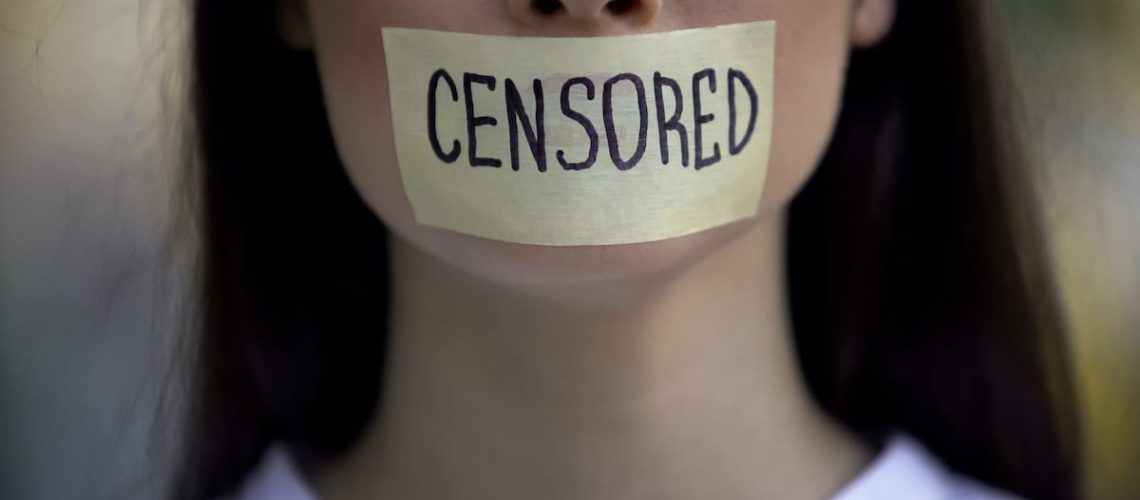Sick of the cancel culture circus? You’re not alone. Cancel culture has become an American staple, but is it really making things better? Here’s a look at how deep this trend goes.
1. Social Media Outrage
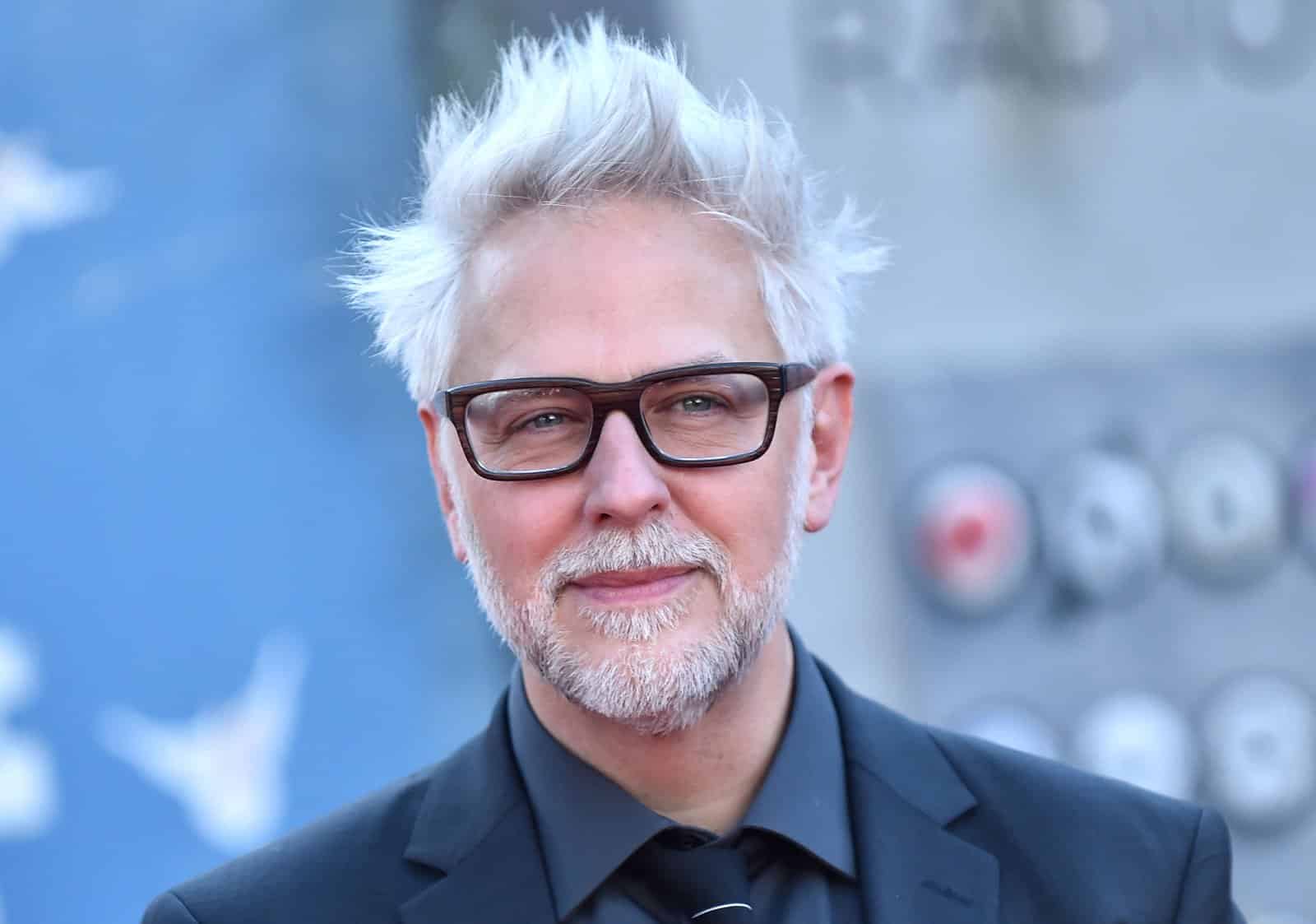
Platforms like Twitter and Instagram are hotbeds for public outrage, where a single tweet can ruin reputations. Just ask James Gunn, who was fired from directing “Guardians of the Galaxy Vol. 3” over old tweets before being rehired after public backlash subsided.
2. Celebrity Cancellations
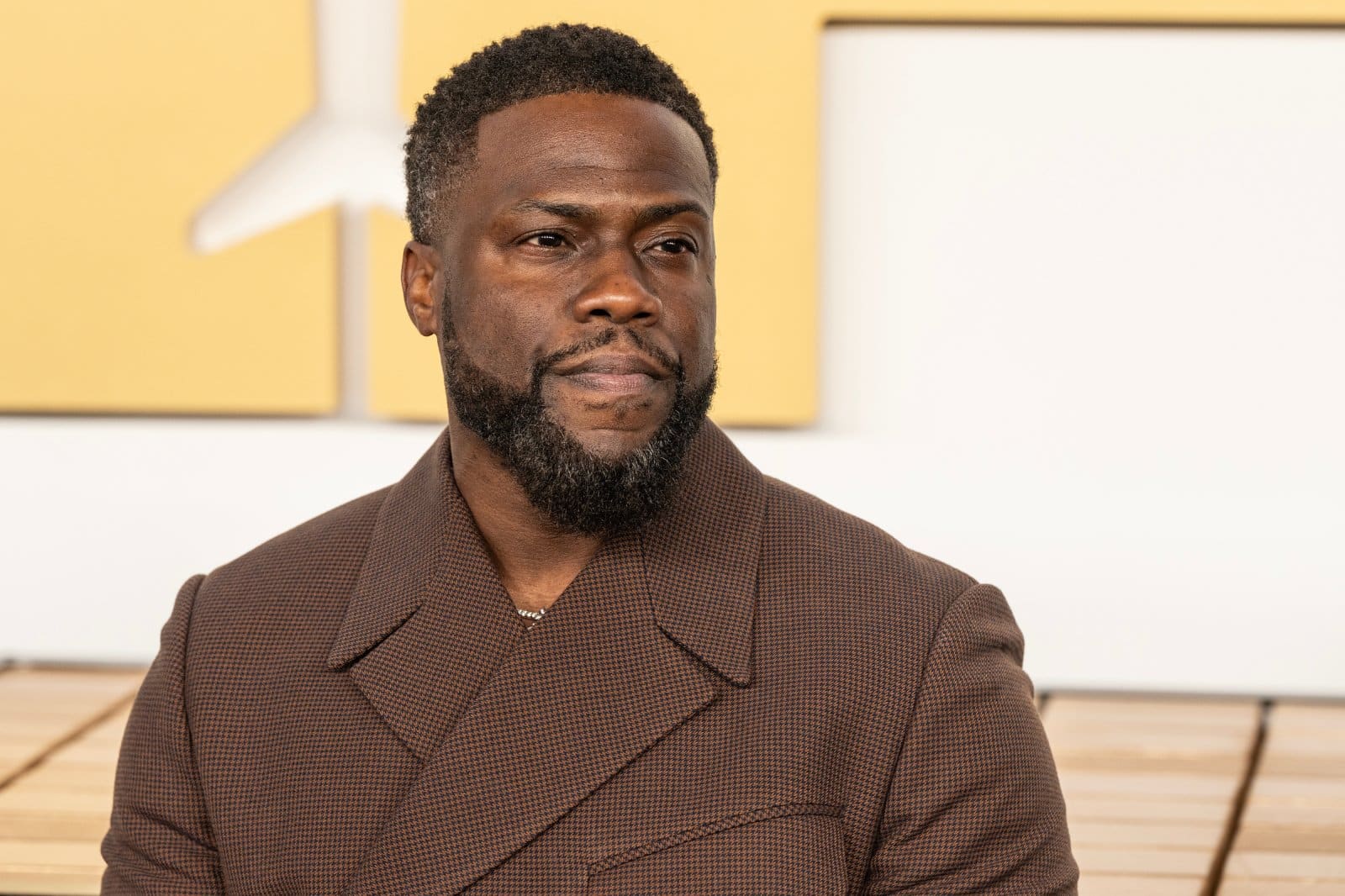
High-profile figures face constant scrutiny, with any misstep potentially ending careers. For instance, comedian Kevin Hart stepped down from hosting the Oscars in 2019 after old homophobic tweets resurfaced.
3. Historical Revisionism
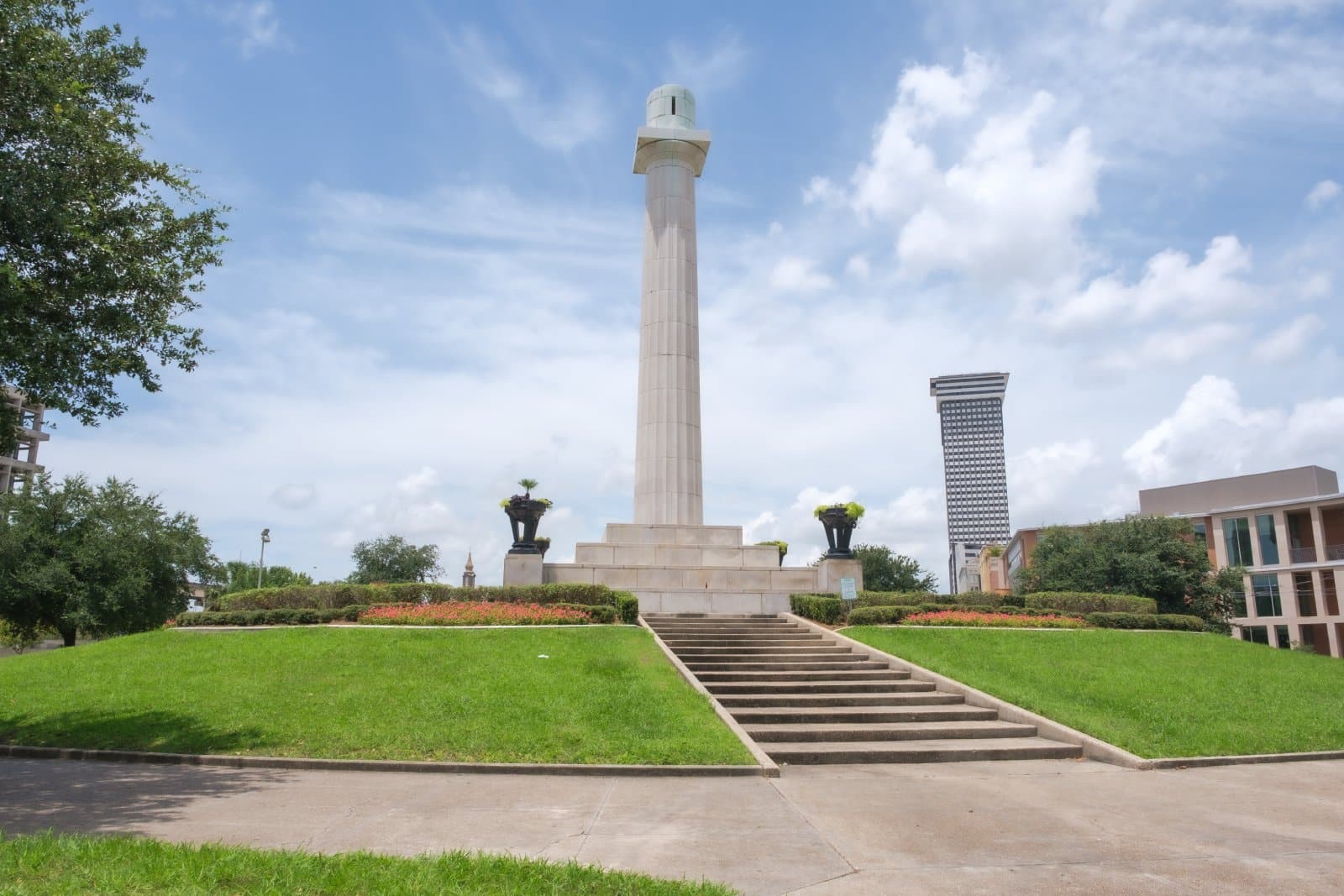
Statues and monuments of controversial historical figures are being torn down or defaced. The removal of Confederate statues, such as the statue of Robert E. Lee in Charlottesville, Virginia, highlights this growing trend.
4. Corporate Boycotts
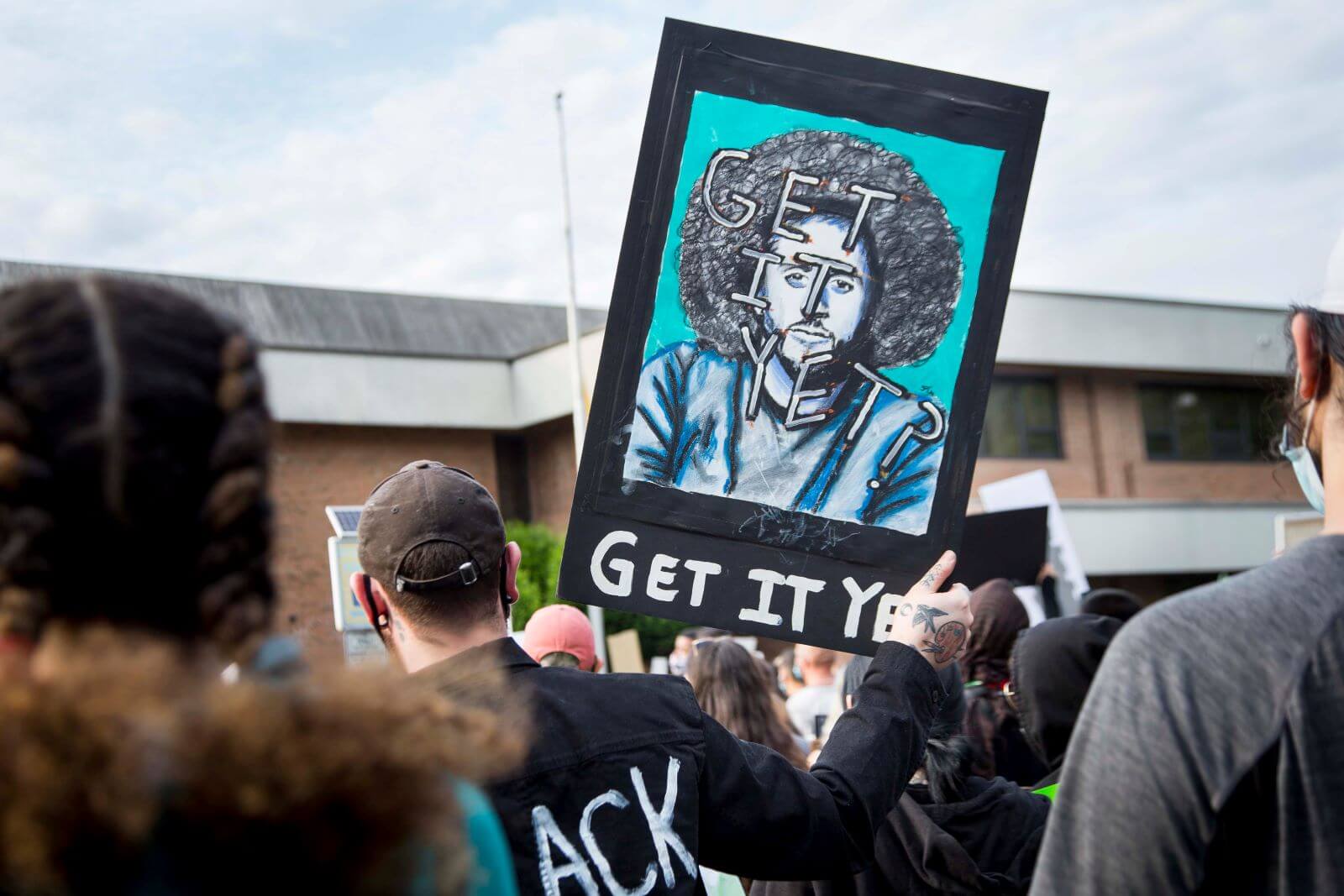
Brands and companies are not immune to cancel culture. Nike faced calls for a boycott in 2018 after featuring Colin Kaepernick in their “Just Do It” campaign, sparking both praise and outrage.
5. Academic Censorship
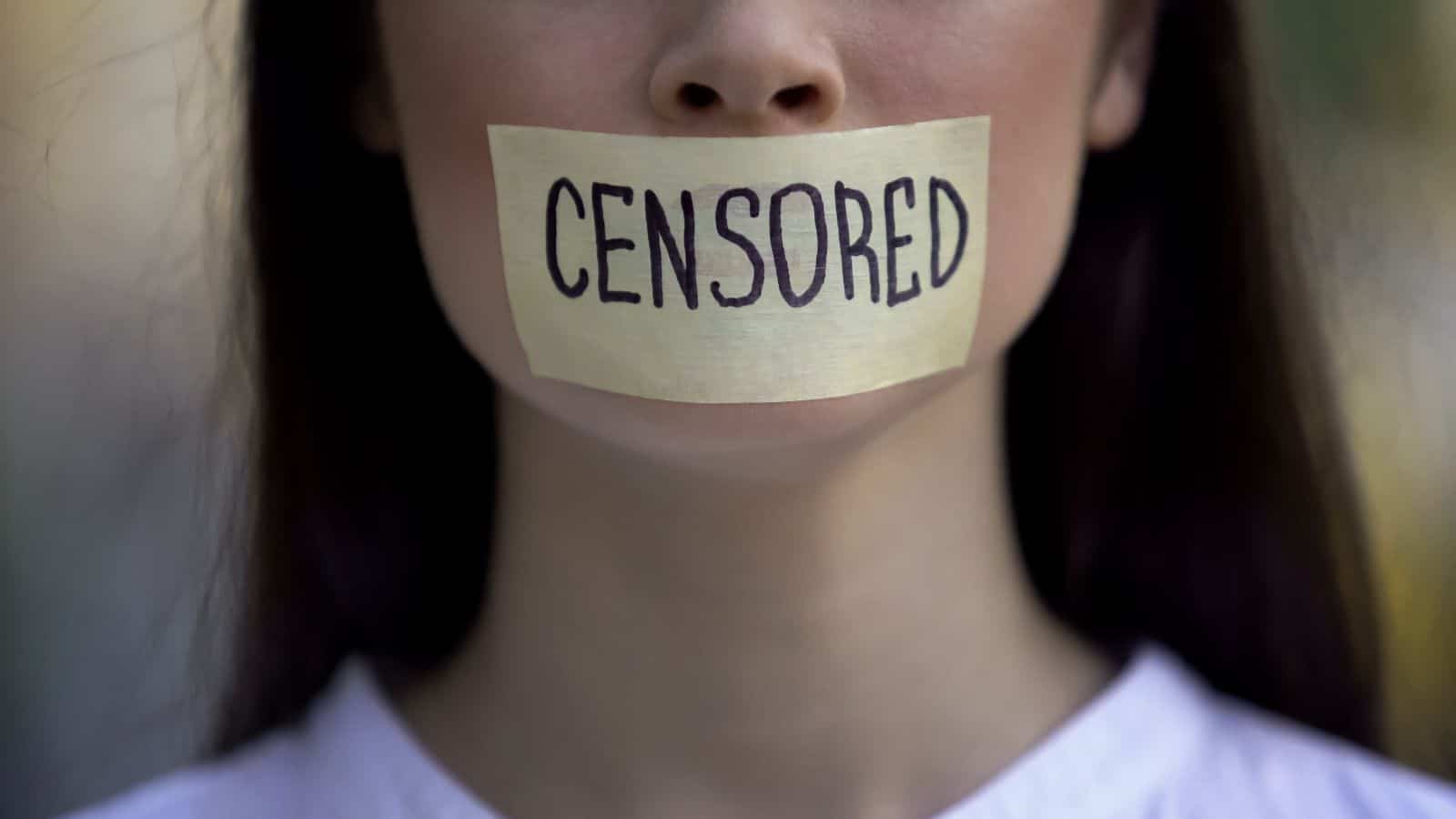
Professors and academic institutions are increasingly under fire for controversial opinions. In 2017, Bret Weinstein resigned from Evergreen State College after protests erupted over his opposition to a proposed Day of Absence event.
6. Entertainment Industry Blacklists
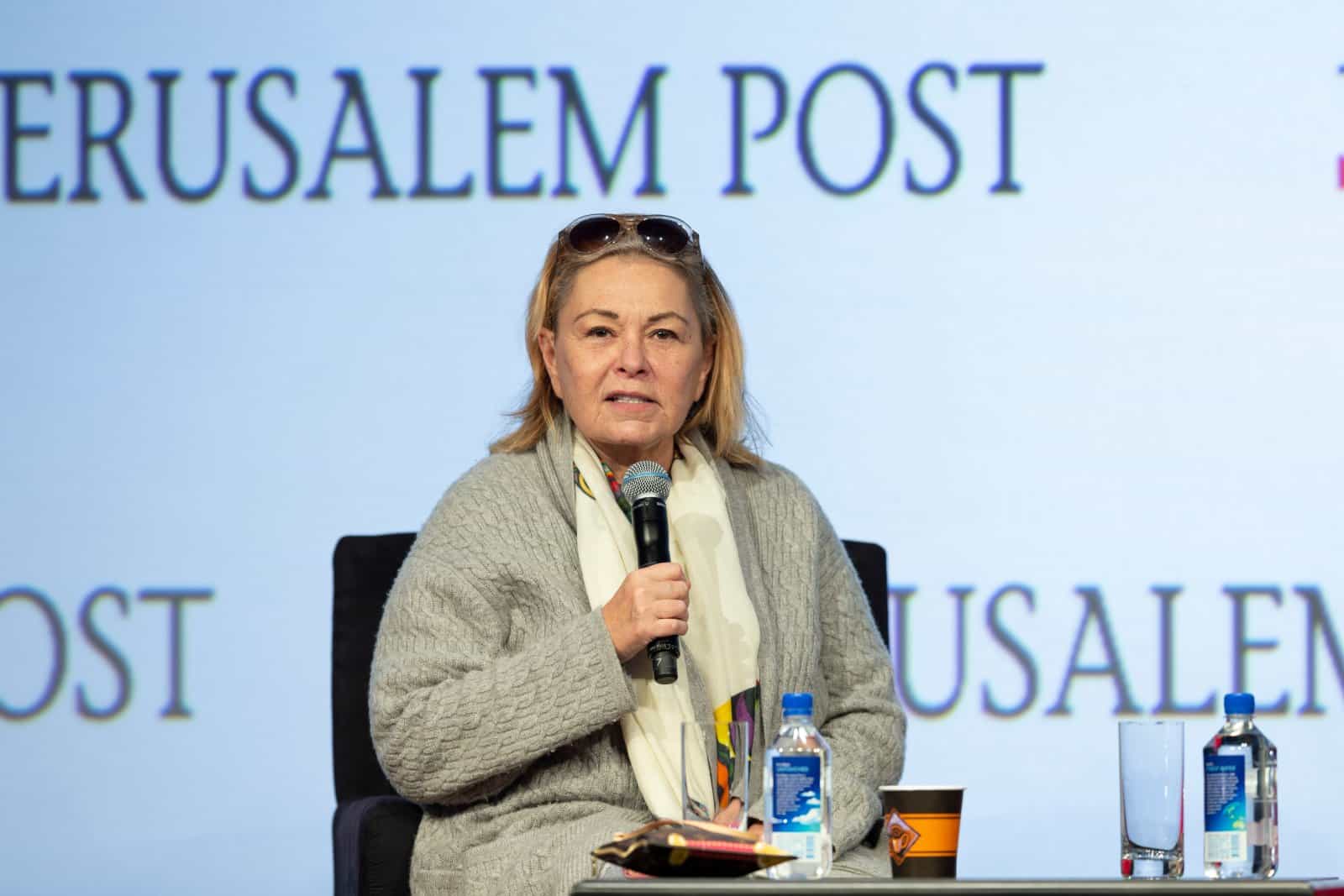
Entertainment figures are blacklisted based on past behaviors or statements. Roseanne Barr’s TV show was canceled in 2018 after she posted a racist tweet about former Obama advisor Valerie Jarrett.
7. Literary Censorship
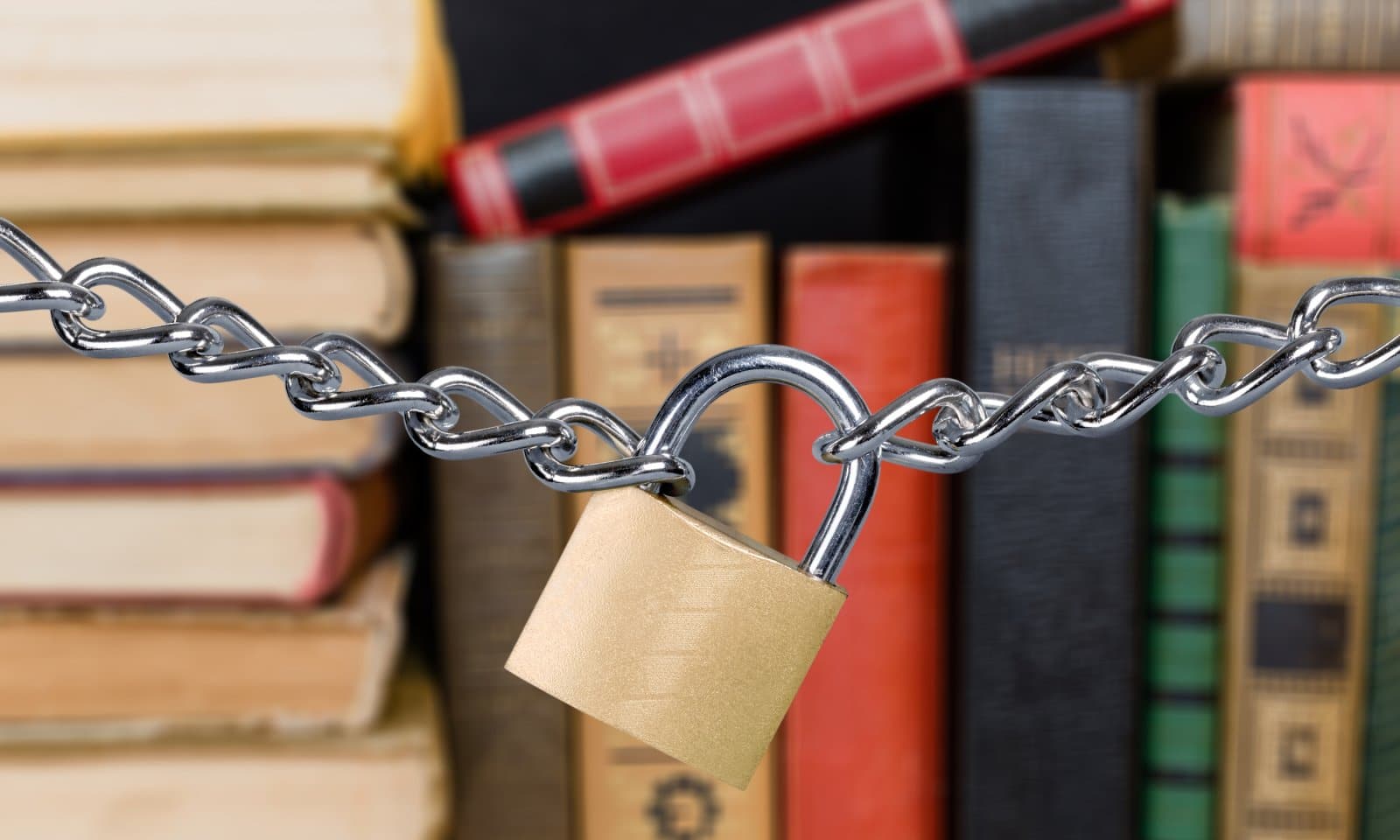
Books and authors face bans and backlash over controversial content. “American Dirt” by Jeanine Cummins sparked outrage in 2020, with critics accusing the author of cultural appropriation.
8. Political Figures
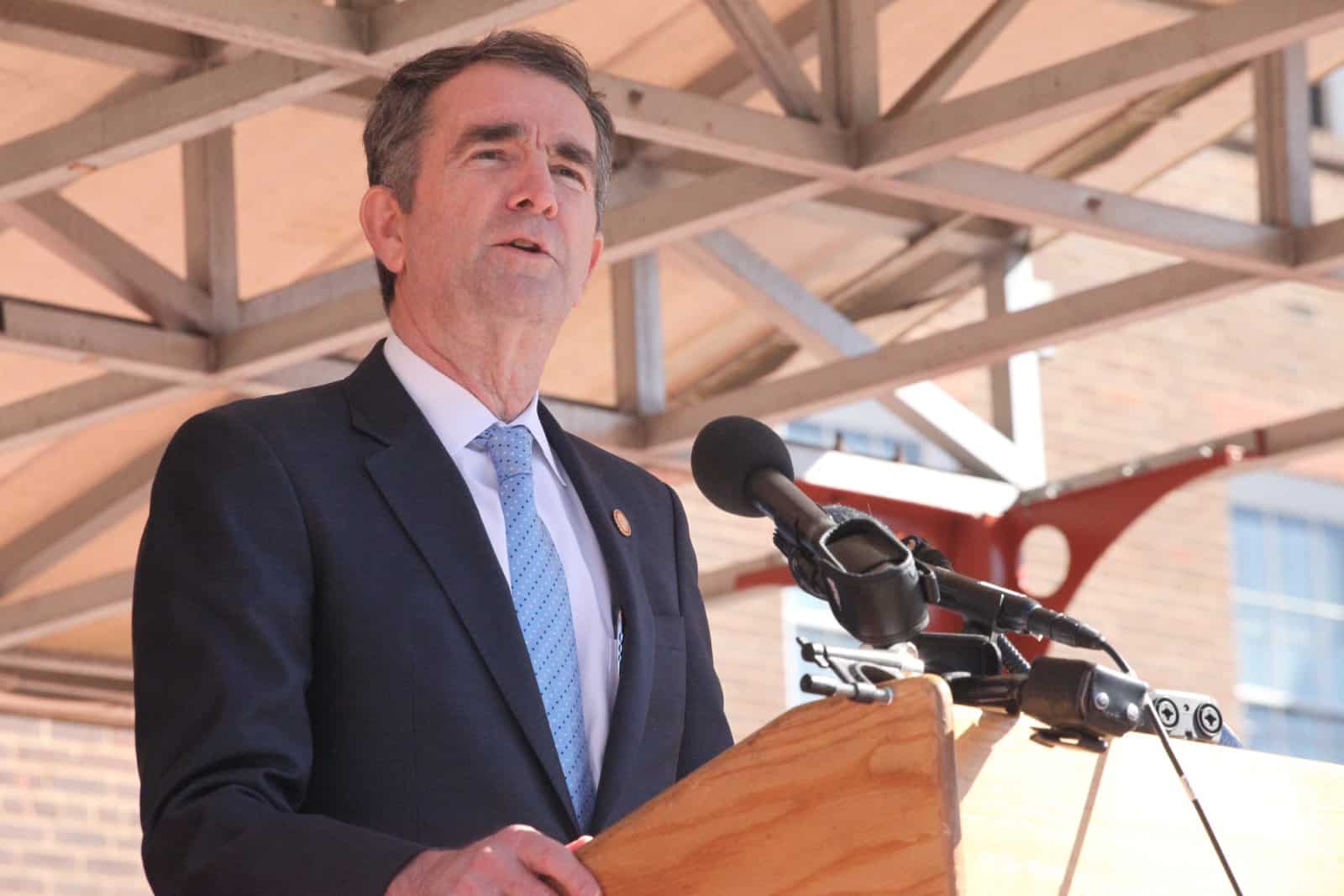
Politicians are frequently targeted for past and present actions. Virginia Governor Ralph Northam faced calls to resign in 2019 after a photo from his medical school yearbook surfaced showing him in blackface.
9. Sports Cancellations
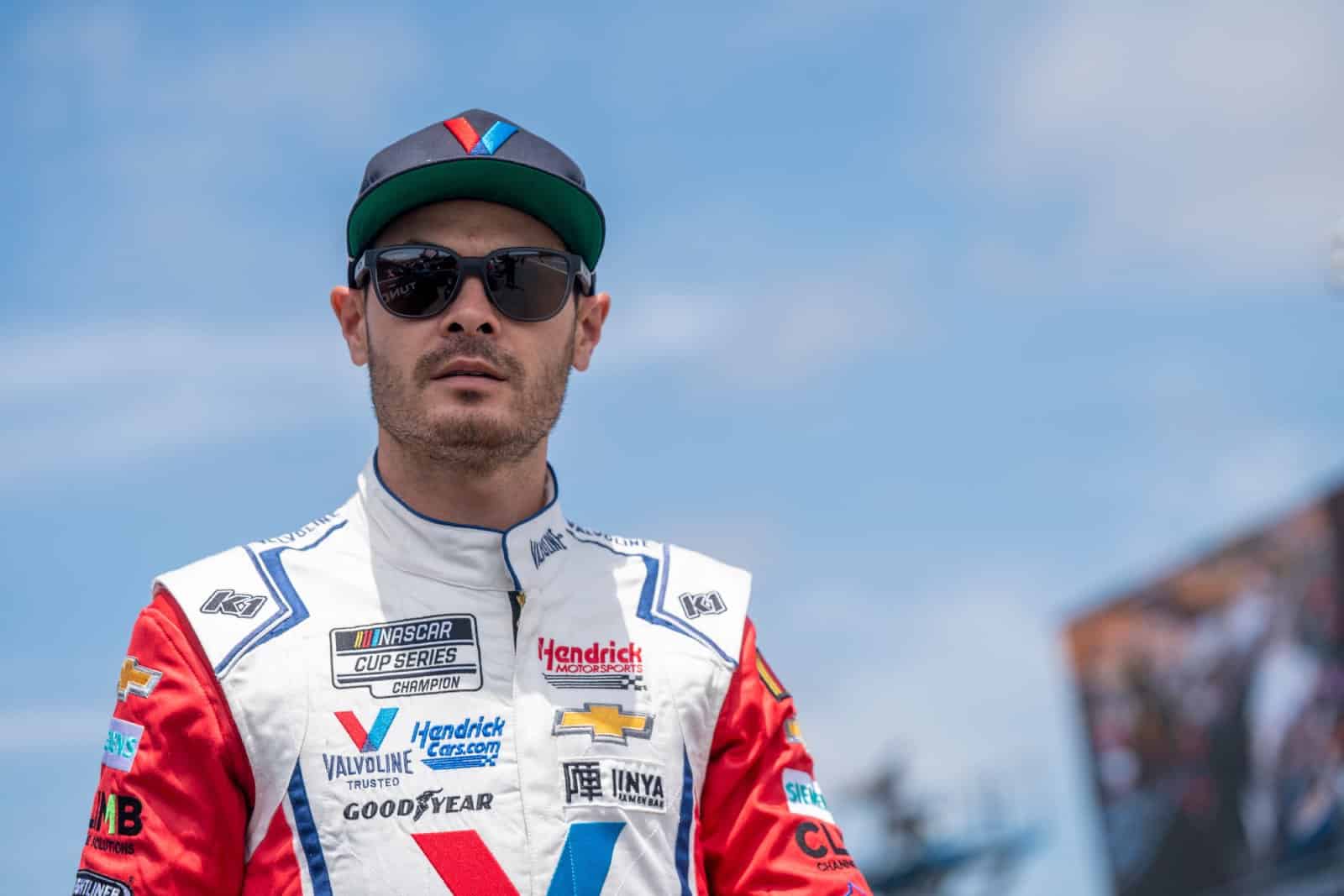
Athletes are not exempt from cancel culture. NASCAR driver Kyle Larson was suspended in 2020 after using a racial slur during an online race.
10. Music Industry Backlash
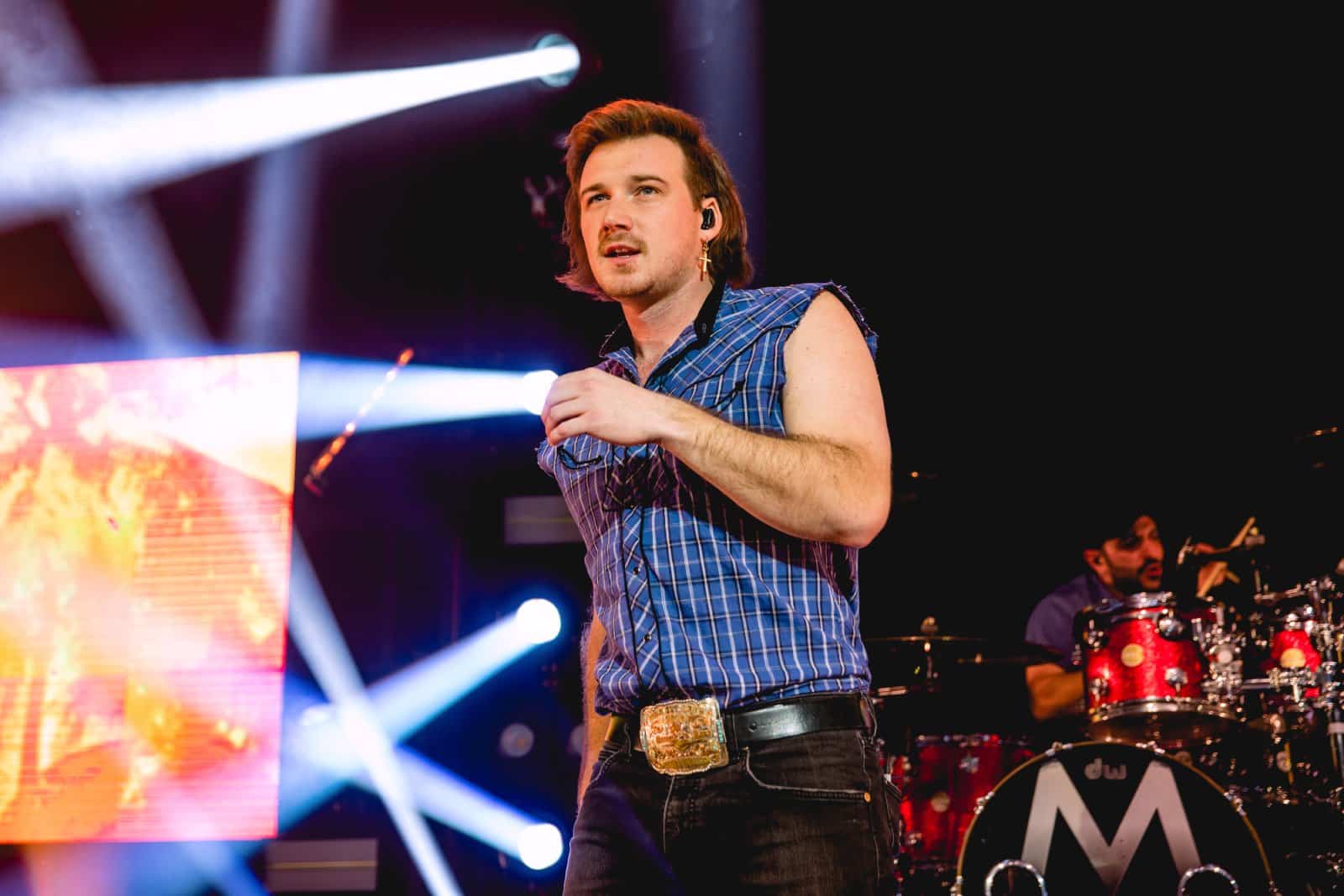
Musicians face boycotts and cancellations for offensive behavior or lyrics. Country singer Morgan Wallen was suspended by his record label in 2021 after a video surfaced of him using a racial slur.
11. Tech Industry Shaming
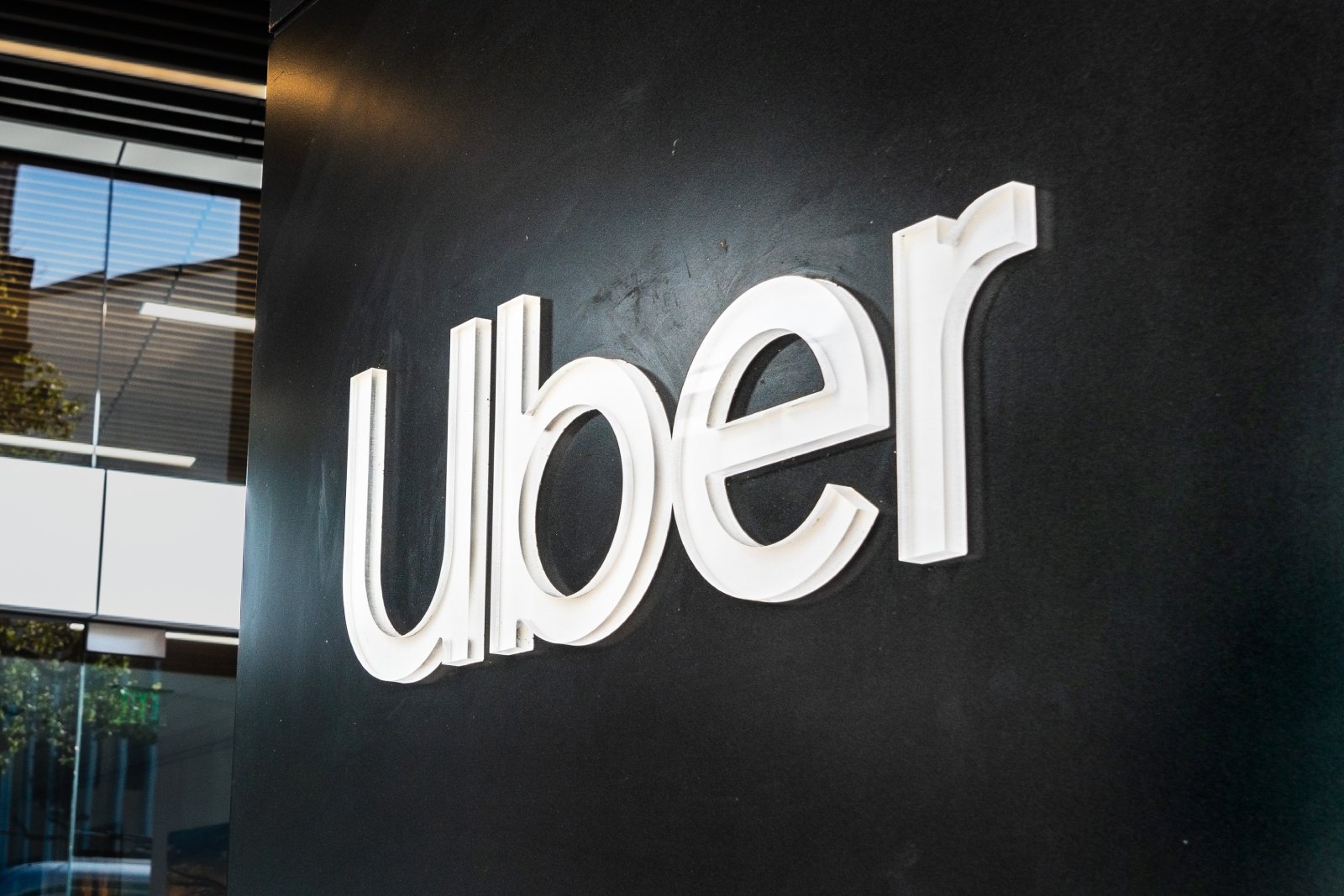
Tech industry leaders face backlash for their actions and policies. Uber’s former CEO, Travis Kalanick, resigned in 2017 amid a series of scandals and criticisms of the company’s culture.
12. Fashion Industry Controversies
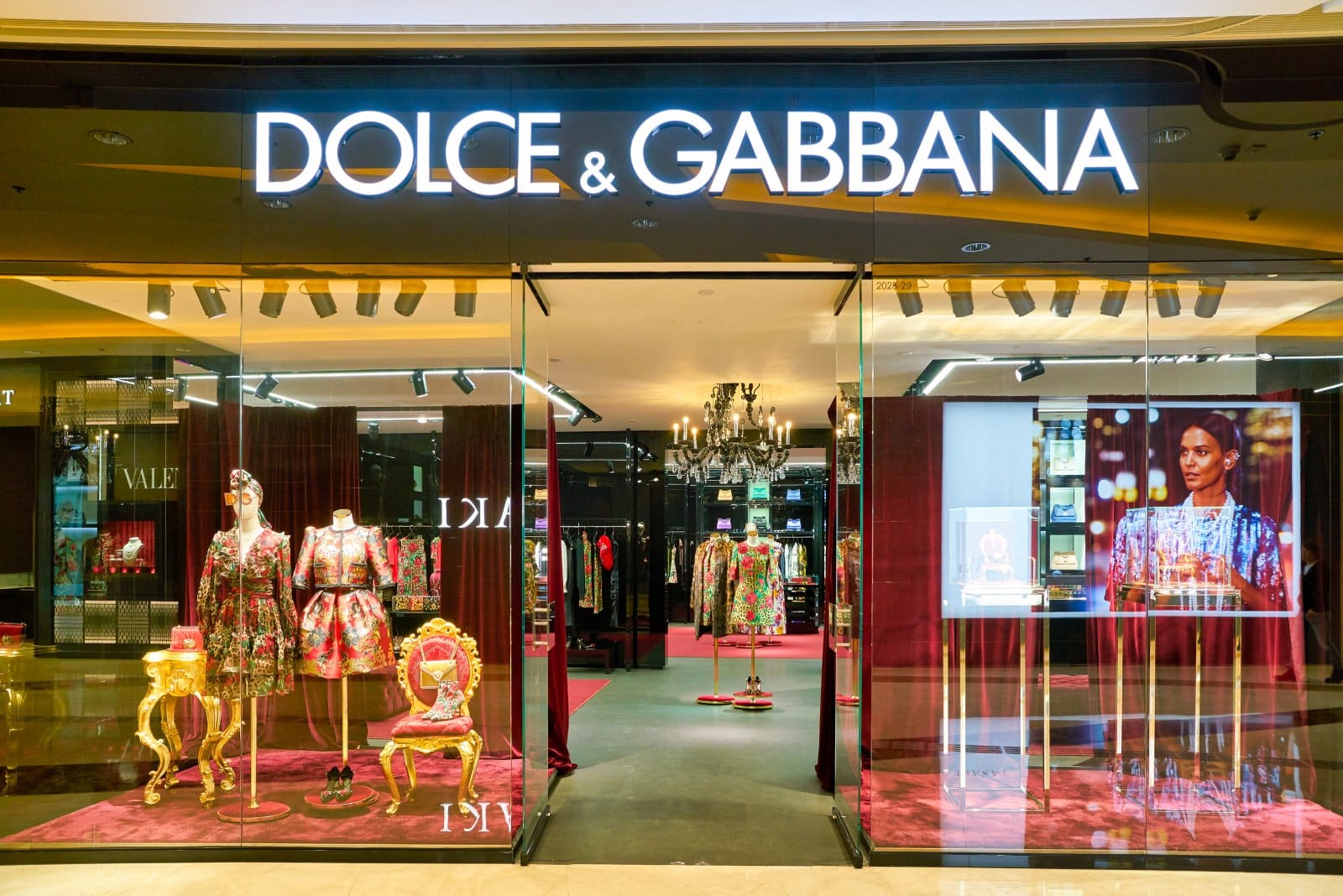
Fashion brands face cancellations over cultural insensitivity. Dolce & Gabbana faced boycotts in China after a 2018 ad campaign was criticized for being racially insensitive.
13. Food Industry Boycotts
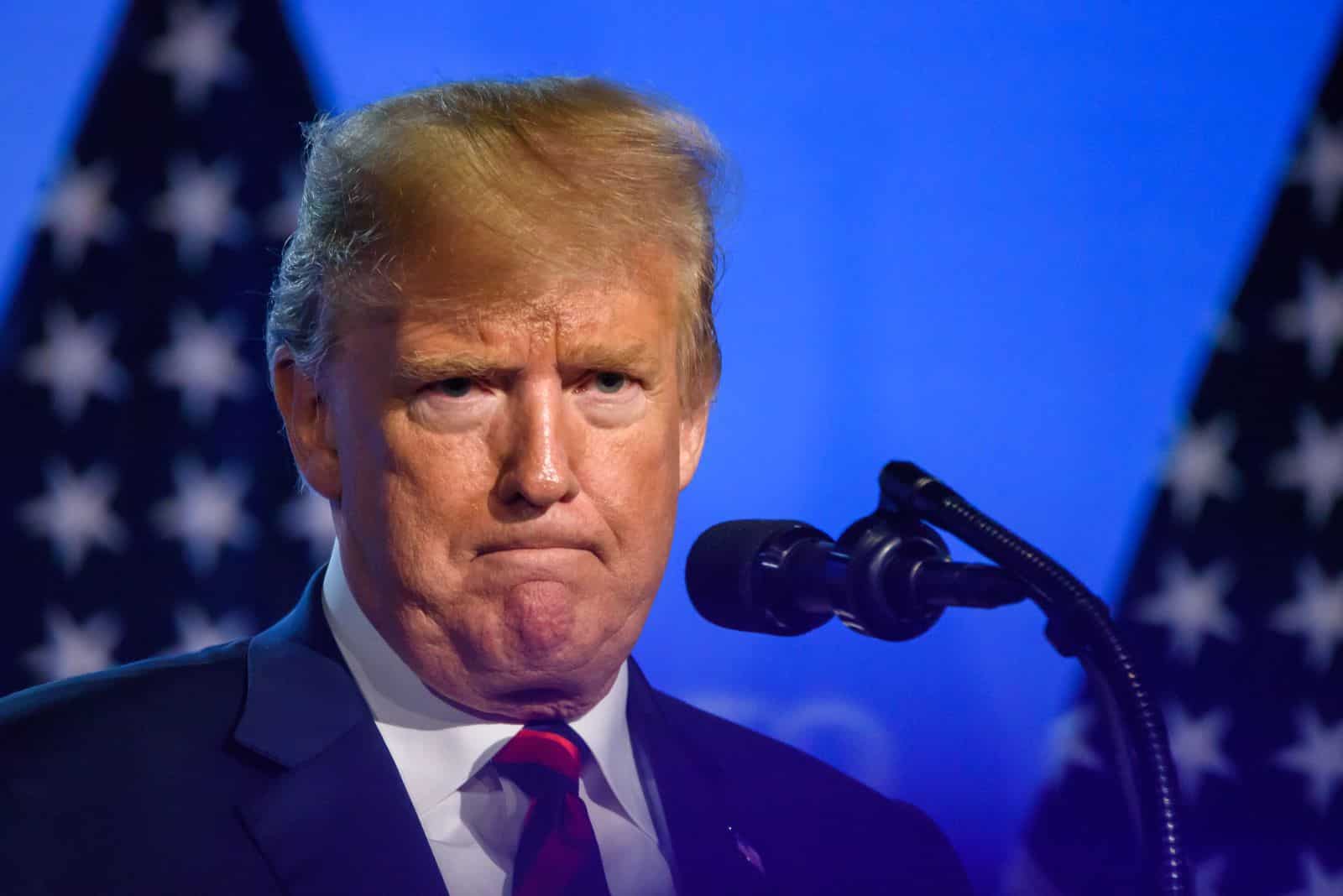
Food brands are not spared from cancel culture. Goya Foods faced a boycott in 2020 after its CEO praised then-President Donald Trump, leading to both boycotts and “buycotts.”
14. Gamer Shaming

Gamers and developers face cancellation over controversial content or behavior. In 2020, several prominent figures in the gaming industry were accused of sexual misconduct, leading to widespread backlash.
15. Journalistic Integrity

Journalists are increasingly under scrutiny for their work and opinions. In 2020, New York Times editor James Bennet resigned after publishing a controversial op-ed by Senator Tom Cotton advocating for military intervention in protests.
16. Religious Figures
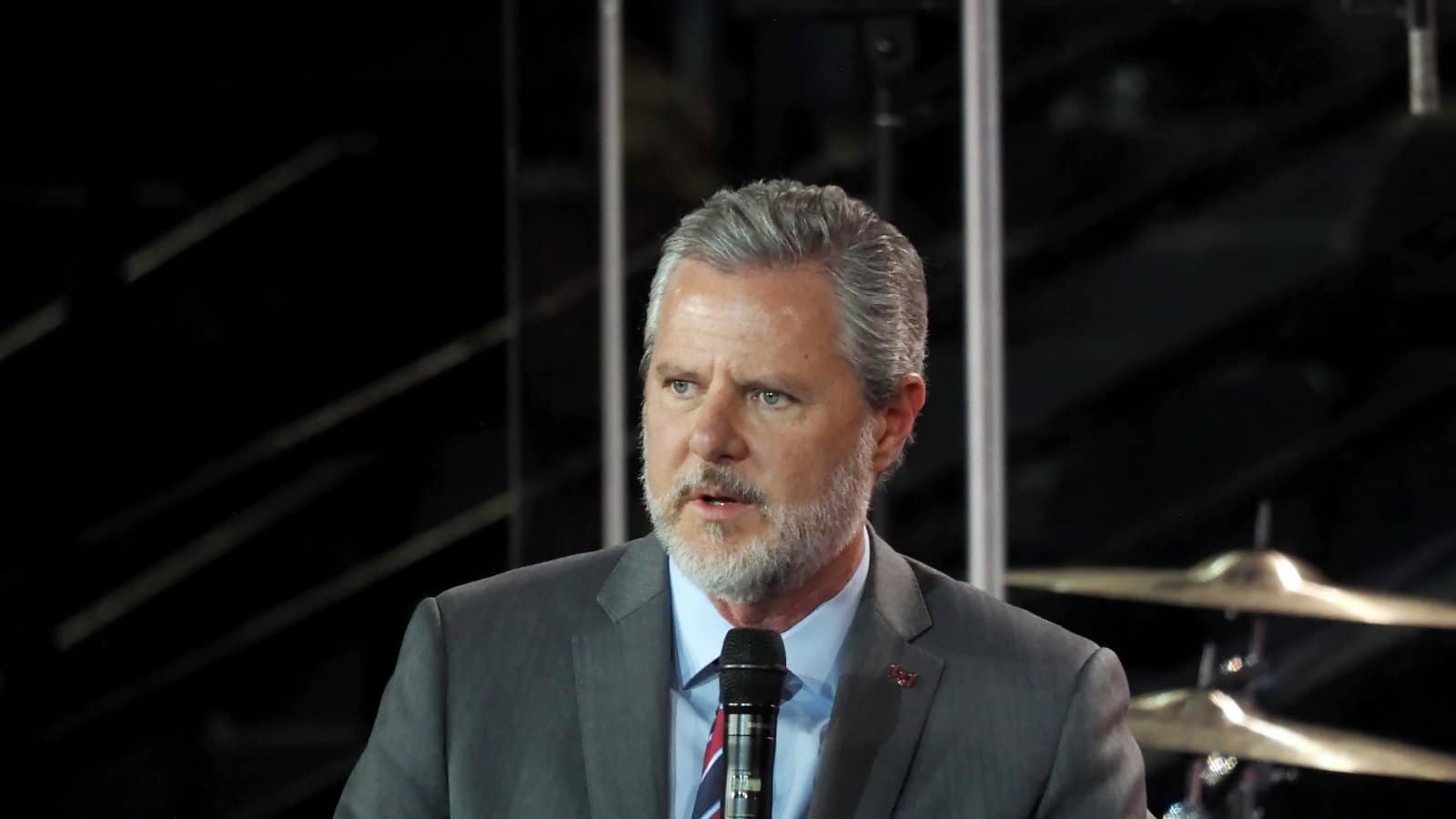
Religious leaders face public shaming for controversial statements. In 2020, Jerry Falwell Jr. resigned as president of Liberty University following a series of scandals and inappropriate social media posts.
17. Canceling Companies
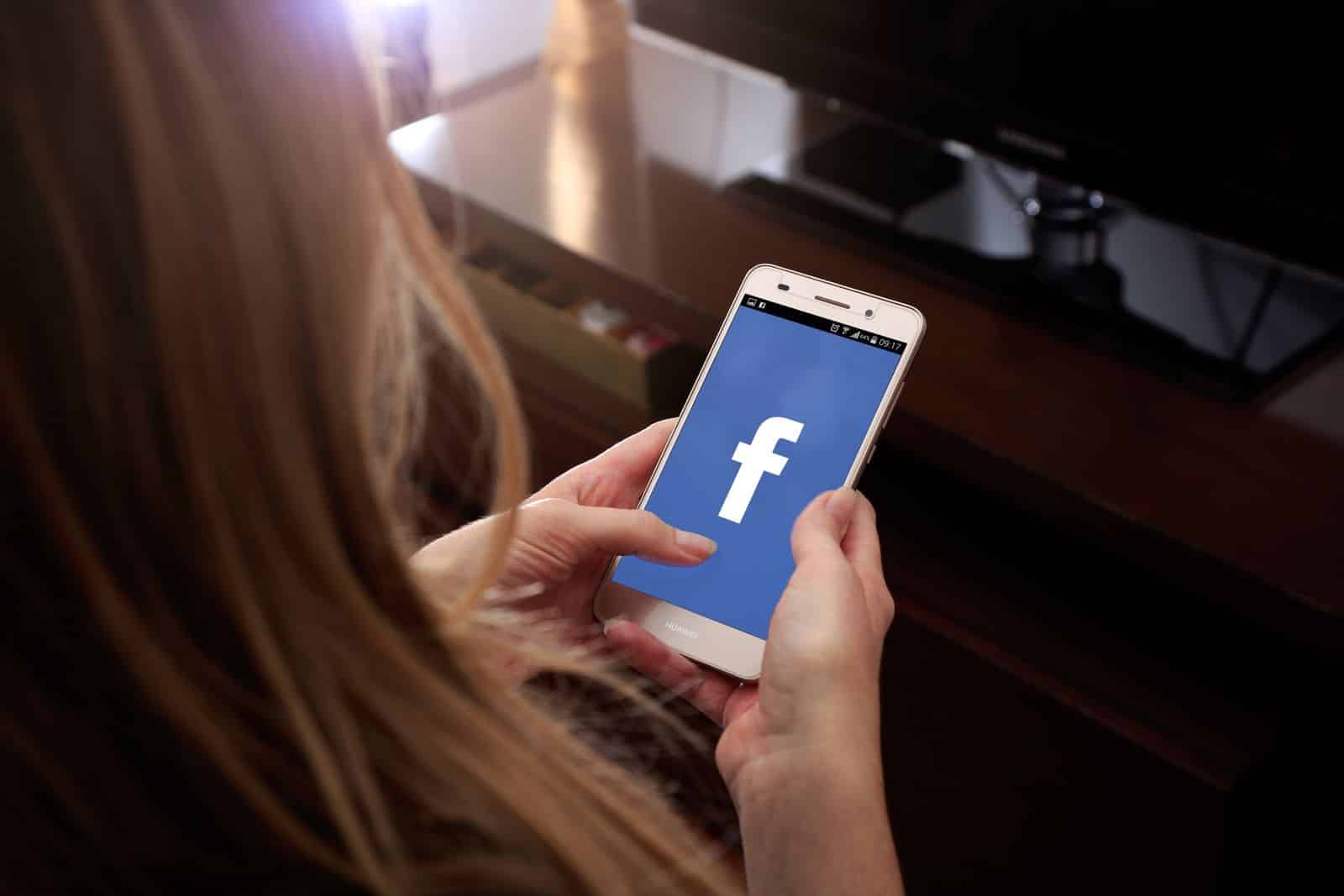
Companies face cancellations over their business practices. Facebook has faced multiple boycotts over its handling of user data and its role in spreading misinformation.
18. Television Show Cancellations
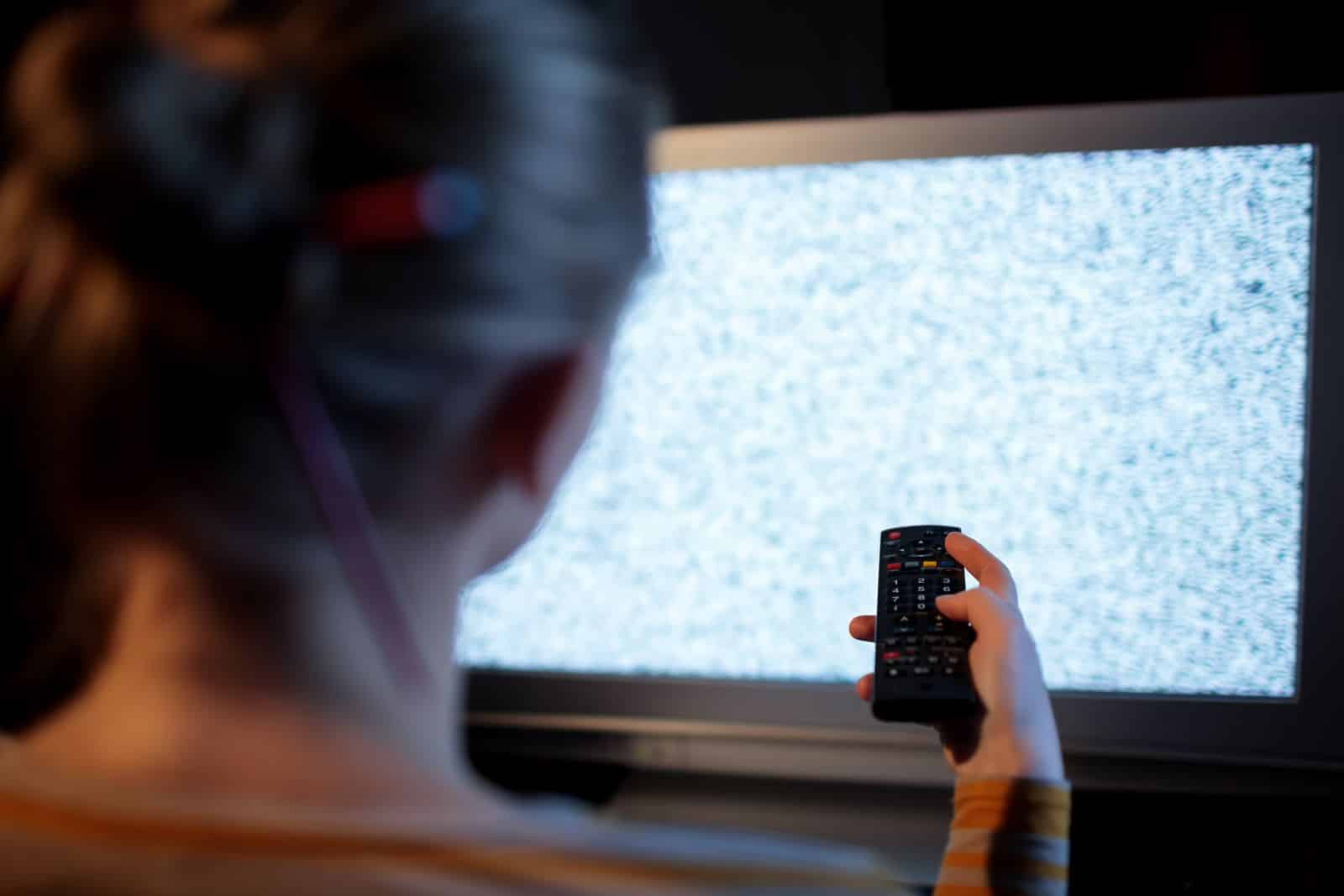
TV shows are canceled due to controversial content or behavior by cast members. The “Cops” TV show was canceled in 2020 amid heightened scrutiny of police practices following George Floyd’s death.
19. Product Cancellations
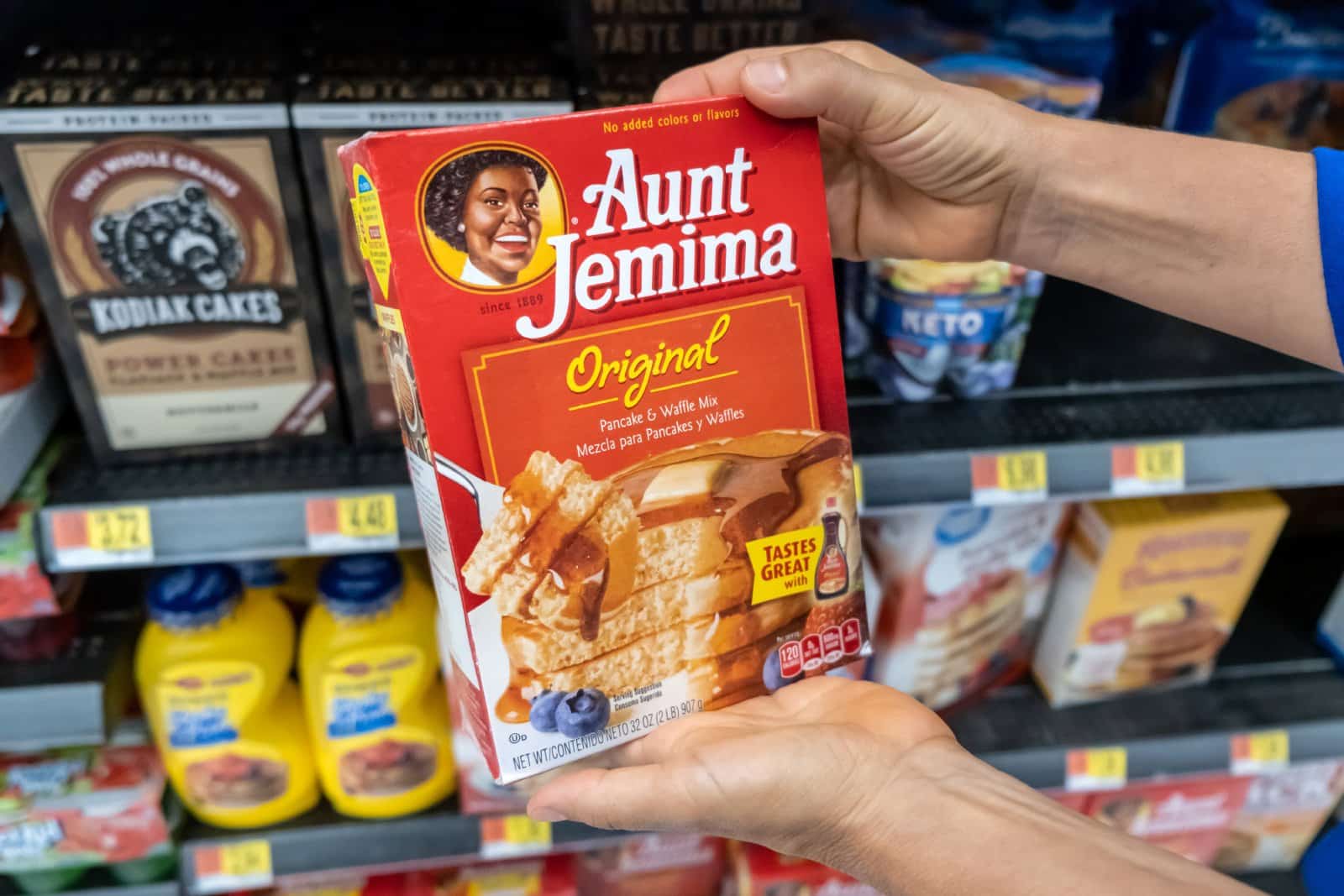
Products are pulled from shelves over offensive branding. Aunt Jemima was rebranded in 2020 due to its racist origins, reflecting a broader movement to cancel outdated and offensive imagery.
20. Community Shaming

Local community members are targeted for past actions or statements. In 2020, the CEO of CrossFit, Greg Glassman, resigned after making insensitive remarks about George Floyd’s death.
21. Cultural Icons Under Fire
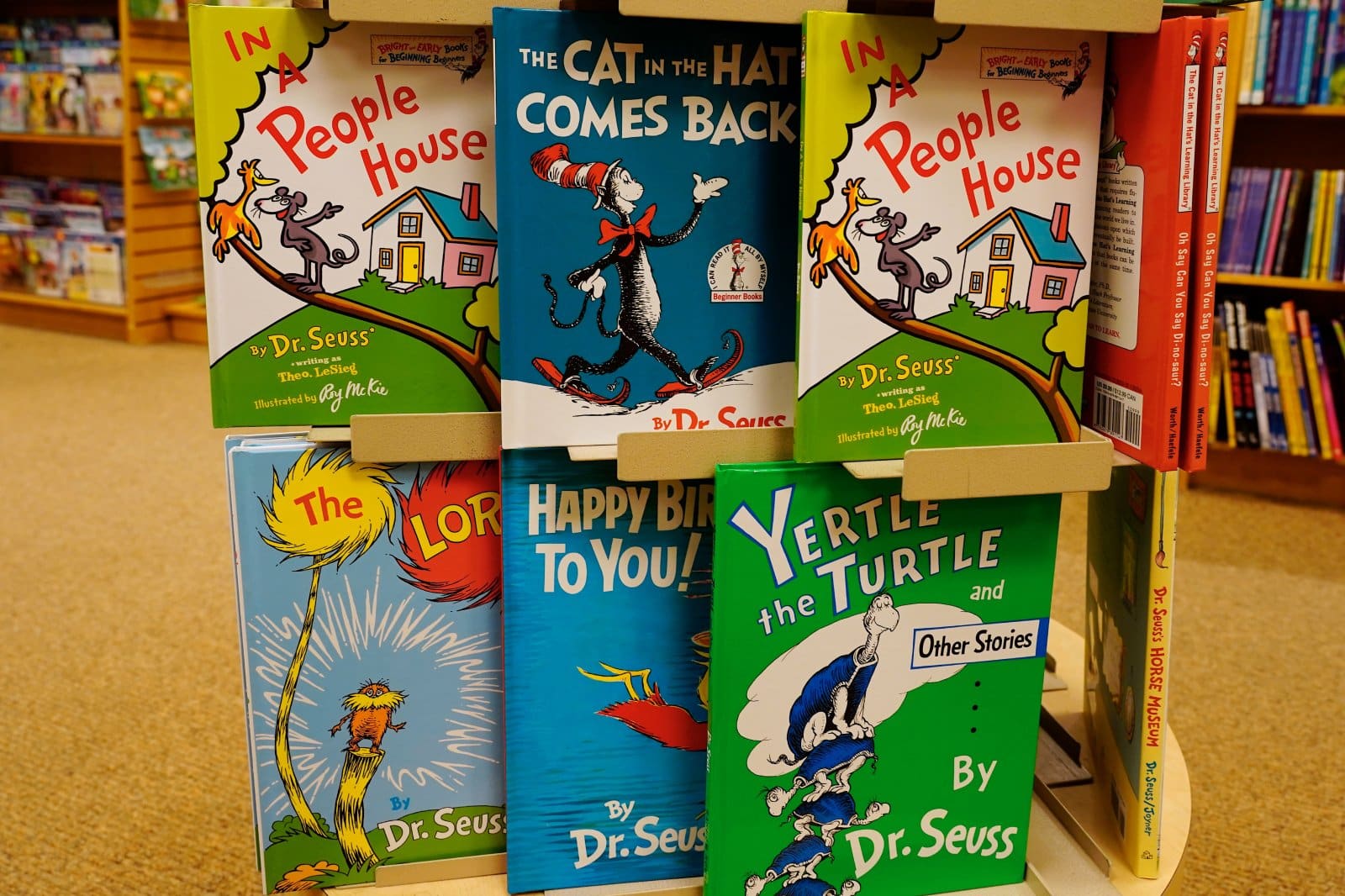
Even beloved cultural icons can be canceled. Dr. Seuss Enterprises announced in 2021 that they would stop publishing six books due to racist imagery, sparking debates on cultural sensitivity and historical context.
The Balance of Accountability and Forgiveness
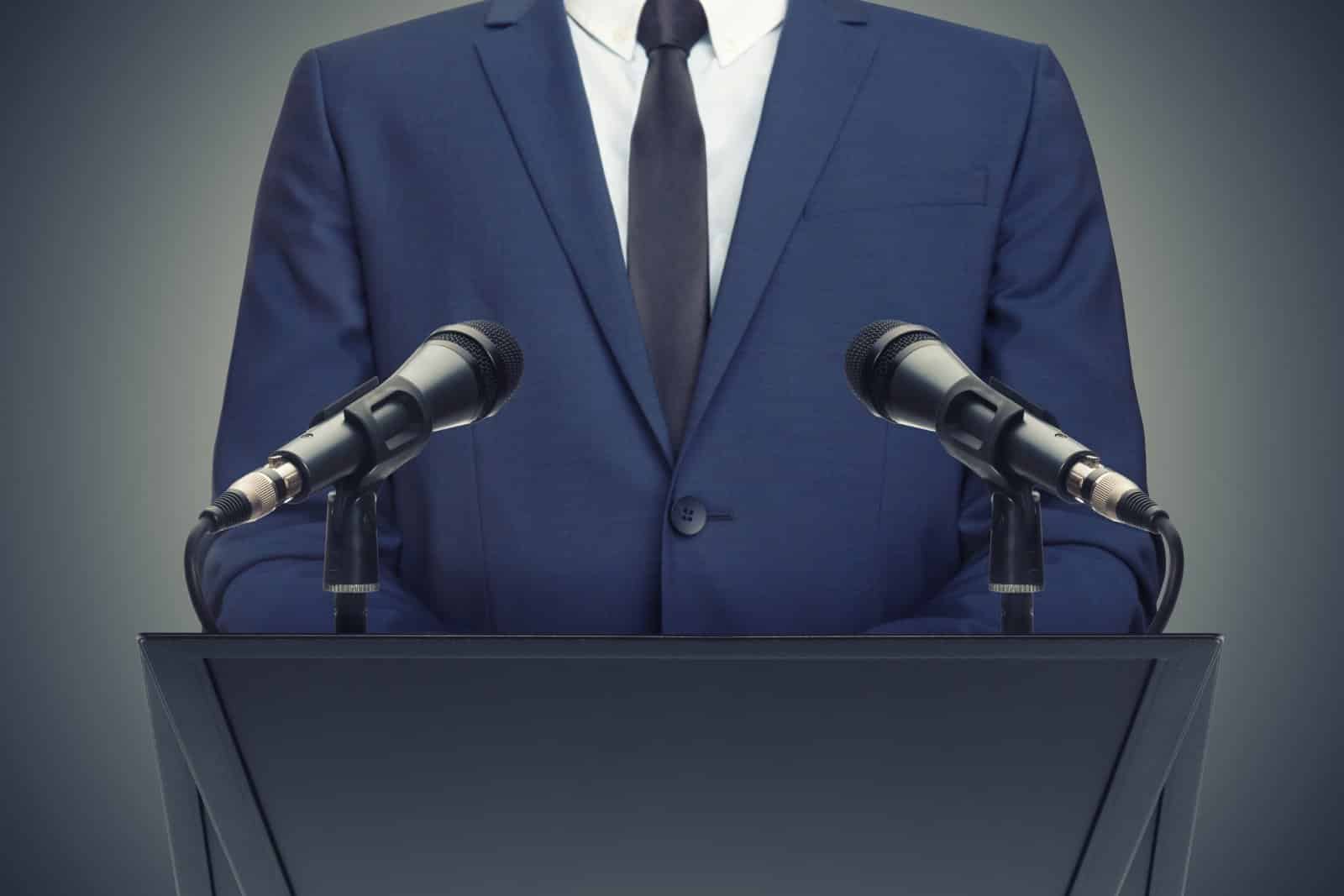
Cancel culture is reshaping American society in profound ways, often blurring the lines between accountability and mob justice. Is this the new norm, or can we find a balance that upholds both justice and forgiveness?
The post 21 Ways America Has Become a Cancel Culture first appeared on Pulse of Pride.
Featured Image Credit: Shutterstock / motortionfilms.
For transparency, this content was partly developed with AI assistance and carefully curated by an experienced editor to be informative and ensure accuracy.

